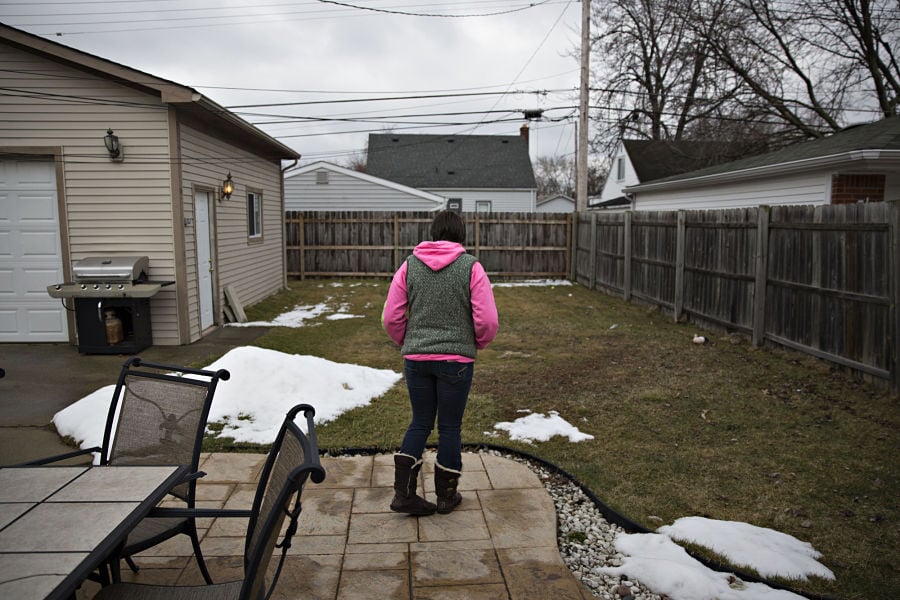As U.S. household debt rises and wages stagnate, millions of Americans are thinking about tapping into home equity to keep up with day-to-day expenses.
Twenty-four million homeowners believe borrowing against home equity is an acceptable way to cover regular bills, according to a Bankrate.com report released on Wednesday. Cash-strapped millennials, low earners and the less educated were most likely to think home equity offered an appropriate solution to ordinary bills.
"Regular household bills should be funded by a regular household income, not home equity," said Greg McBride, chief financial analyst at Bankrate.com. "Wage growth has been elusive, but rising household expenses have not. And now home equity is being seen as a lifeline for those who are strapped for money with little wiggle room."
The study, conducted by research firm GfK, surveyed a national sample of 1,000 American adults — 719 of whom were homeowners — from Sept. 7 to Sept. 9.
Almost 1 in 3 homeowners who earn less than $30,000 per year said it's OK to tap into home equity to cover their everyday bills, more than triple those who make $75,000 or more. Twenty-one percent of those with no more than a high school diploma agreed, nearly doubling those who have a college degree. And 22% of millennials also felt home equity was an appropriate resource for paying bills, compared with only 12% of older Americans.
"These people are living paycheck to paycheck with little or no emergency savings — and they're scraping up money any way that they can," said John Hope Bryant, chief executive officer and founder of Promise Homes Co., a property asset manager that offers affordable housing and financial support services to families.
Almost 1 in 4 Americans have no such savings, according to a June Bankrate.com study. But even cash-strapped homeowners are more fortunate than many, Mr. Bryant said, since U.S. homeownership has fallen to the lowest rate in more than 50 years.
About 3 in 4 homeowners said home improvements or repairs are an appropriate reason to borrow from home equity. Other reasons included debt consolidation and education expenses, the study found.
U.S. household debt has continued to rise through the second quarter, propelled by an increase in mortgage borrowing, according to a Federal Reserve Bank of New York report released in August. Total household debt rose 3.5% from a year earlier in the April-to-June period, to a record $13.3 trillion, while mortgage debt also rose 3.5%, to a whopping $9 trillion.

The cost of home equity borrowing is on the upswing as well. Interest rates on home equity lines of credit, otherwise known as HELOCs, are at their highest since the 2008 financial crisis, data from Bankrate.com show. This increase is in line with U.S. benchmark interest-rate hikes. Homeowners borrowed $262 billion with cash-out refinances and HELOCs in 2017, according to Black Knight, a real estate data analytics company.
"The high interest rate on home equity debt is going to exasperate the situation," Mr. Bryant warned. "And it could ultimately dampen property sales."
(More: Reverse mortgages have an image problem)








